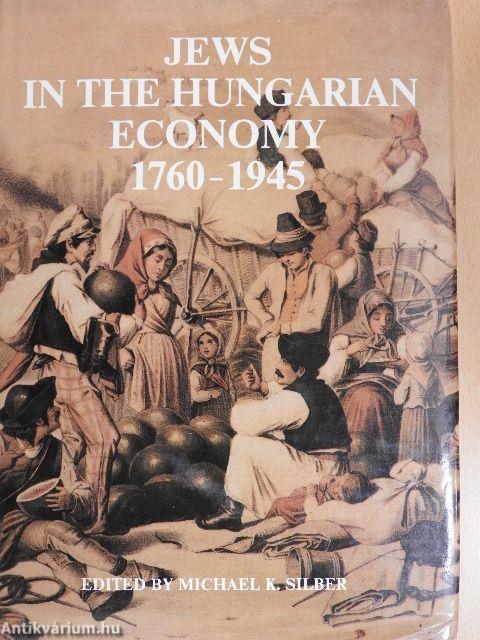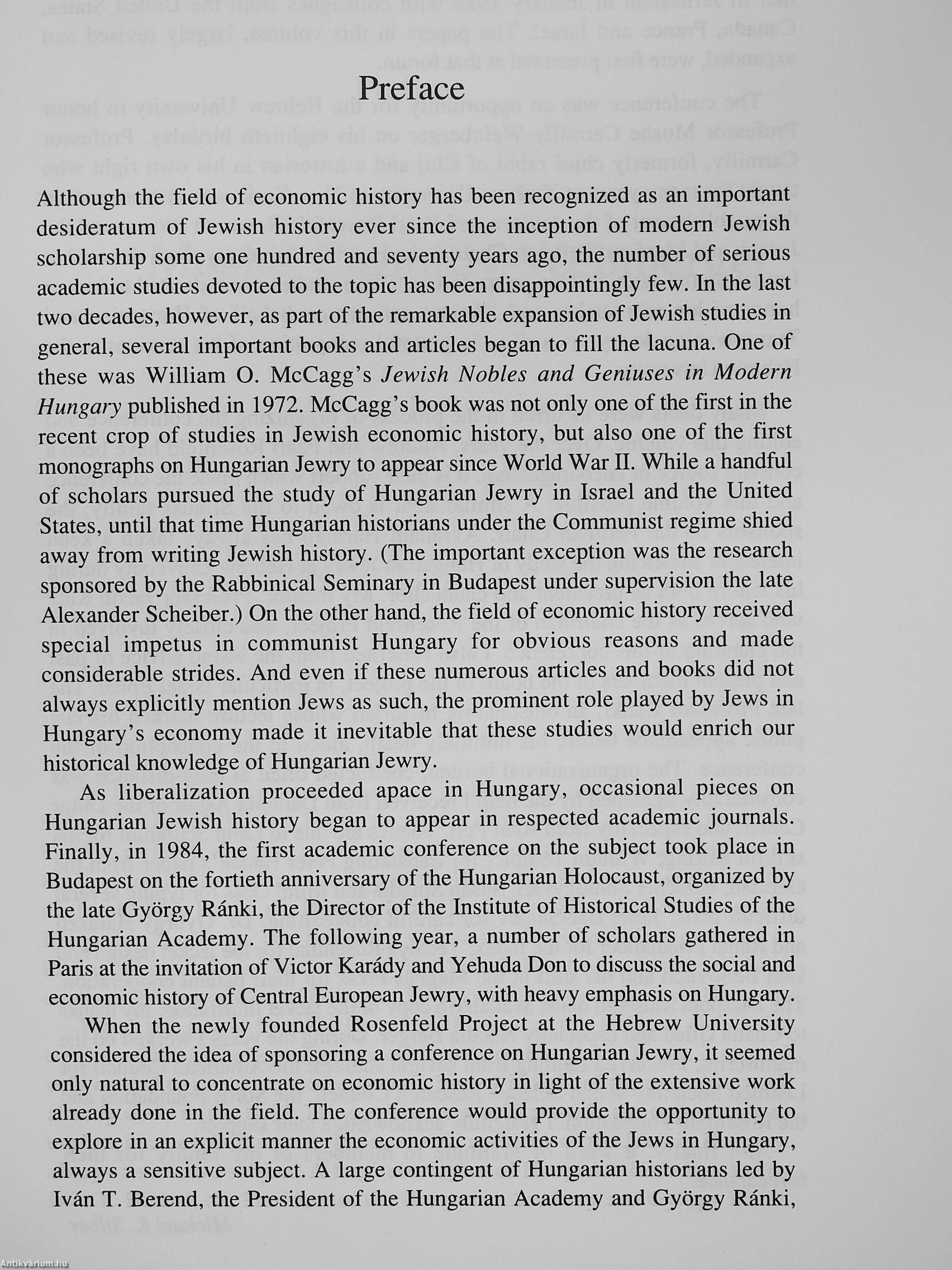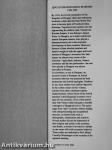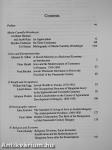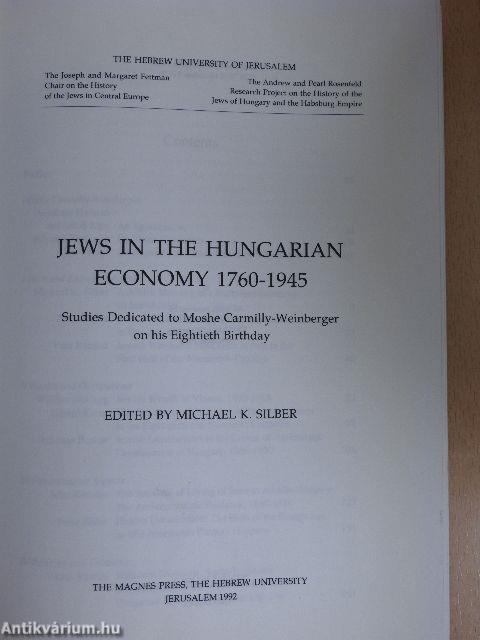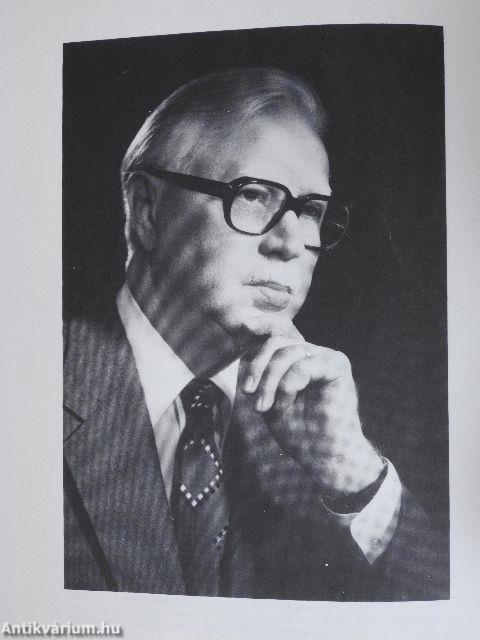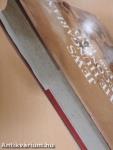1.118.322
kiadvánnyal nyújtjuk Magyarország legnagyobb antikvár könyv-kínálatát
Jews in the Hungarian Economy 1760-1945
Studies Dedicated to Moshe Carmilly-Weinberger on his Eightieth Birthday
| Kiadó: | The Magnes Press-The Hebrew University |
|---|---|
| Kiadás helye: | Jeruzsálem |
| Kiadás éve: | |
| Kötés típusa: | Fűzött keménykötés |
| Oldalszám: | 302 oldal |
| Sorozatcím: | |
| Kötetszám: | |
| Nyelv: | Angol |
| Méret: | 25 cm x 17 cm |
| ISBN: | 965-223-783-3 |
| Megjegyzés: | Egy fekete-fehér fotóval. |
naponta értesítjük a beérkező friss
kiadványokról
naponta értesítjük a beérkező friss
kiadványokról
Előszó
TovábbFülszöveg
i . i
, i I ; ' i i'" '
In M-¦ 1 ! ,
¦I I ¦i I
'll
I . • . '
I ' , V I I
^ ' i ', j
JEWS IN THE HUNGARIAN ECONOMY 1760-1945
By 1910, the Jewish population of the Kingdom of Hungary (then also embracing territories which after the First World War were to become parts of Czechoslovakia, Romania, Yugoslavia and Austria) was fast approaching the million mark. Outside the Russian Empire, it was Europe's largest Jewry. In Hungary, as in other central and eastern European nations, Jews played a disproportionate role in the economic development of their countries. Moreover, because of their absolute numbers and relative weight in both the upper and lower reaches of Hungary's economic life, their impact on almost every sector of the economy—agriculture, industry, finance, commerce and the fiee professions—the role Jews played in Hungary was almost unrivalled in Europe. As elsewhere, so too in Hungary, an extensive body of literature on Jewish economic behavior was produced by both... Tovább
Fülszöveg
i . i
, i I ; ' i i'" '
In M-¦ 1 ! ,
¦I I ¦i I
'll
I . • . '
I ' , V I I
^ ' i ', j
JEWS IN THE HUNGARIAN ECONOMY 1760-1945
By 1910, the Jewish population of the Kingdom of Hungary (then also embracing territories which after the First World War were to become parts of Czechoslovakia, Romania, Yugoslavia and Austria) was fast approaching the million mark. Outside the Russian Empire, it was Europe's largest Jewry. In Hungary, as in other central and eastern European nations, Jews played a disproportionate role in the economic development of their countries. Moreover, because of their absolute numbers and relative weight in both the upper and lower reaches of Hungary's economic life, their impact on almost every sector of the economy—agriculture, industry, finance, commerce and the fiee professions—the role Jews played in Hungary was almost unrivalled in Europe. As elsewhere, so too in Hungary, an extensive body of literature on Jewish economic behavior was produced by both antisemites and Jewish apologists. Needless to say, these studies were seldom objective. In the sixteen essays in this volume, scholars from three continents explore dispassionately various facets of the Jewish presence in the Hungarian economy over a span of two centuries. (Two of die articles deal with Vienna which had quite a sizeable contingent of Hungarian Jews.) The topics range from "pure" economic history dealing with entrepreneurship and occupational structure, to related fields such as demography, urbanization and nutrition. Several studies discuss the interaction of both religion and politics with economy. And finally, a section is devoted to a debate on the nature of Jewish economic behavior. These studies are dedicated to Prof. Moshe Carmilly-Weinberger on the occasion of his eightieth birthday.
(continued on back flap) Vissza
Témakörök
- Történelem > Társadalomelmélet
- Közgazdaságtan > Gazdaságtörténet > Tanulmányok
- Idegennyelv > Idegennyelvű könyvek > Angol > Közgazdaságtan > Gazdaságtörténet > Tanulmányok
- Idegennyelv > Idegennyelvű könyvek > Angol > Történelem > Európa története > Magyarország története
- Szociológia > Magyarországon
- Szociológia > Tanulmányok, esszék
- Közgazdaságtan > Magyarországon > Tanulmányok, esszék
- Idegennyelv > Idegennyelvű könyvek > Angol > Szociológia > Magyarországon
- Idegennyelv > Idegennyelvű könyvek > Angol > Szociológia > Tanulmányok, esszék
- Idegennyelv > Idegennyelvű könyvek > Angol > Közgazdaságtan > Magyarországon > Tanulmányok, esszék
- Történelem > Idegennyelvű > Angol
- Történelem > Magyarország története és személyiségei > Átfogó művek, tanulmányok
- Történelem > Magyarország története és személyiségei > Magyarország a XX. században > Egyéb
- Idegennyelv > Idegennyelvű könyvek > Angol > Szociológia > Társadalmi csoportok > Kisebbségek > Zsidóság
- Szociológia > Társadalmi csoportok > Kisebbségek > Zsidóság > Egyéb
- Történelem > Magyarország története és személyiségei > Magyarország a Habsburg-birodalomban (1686-1914) > Egyéb


